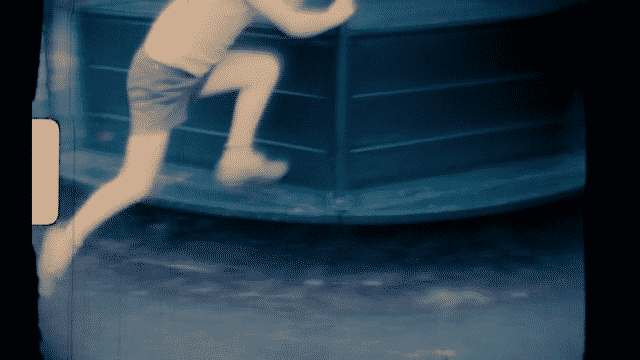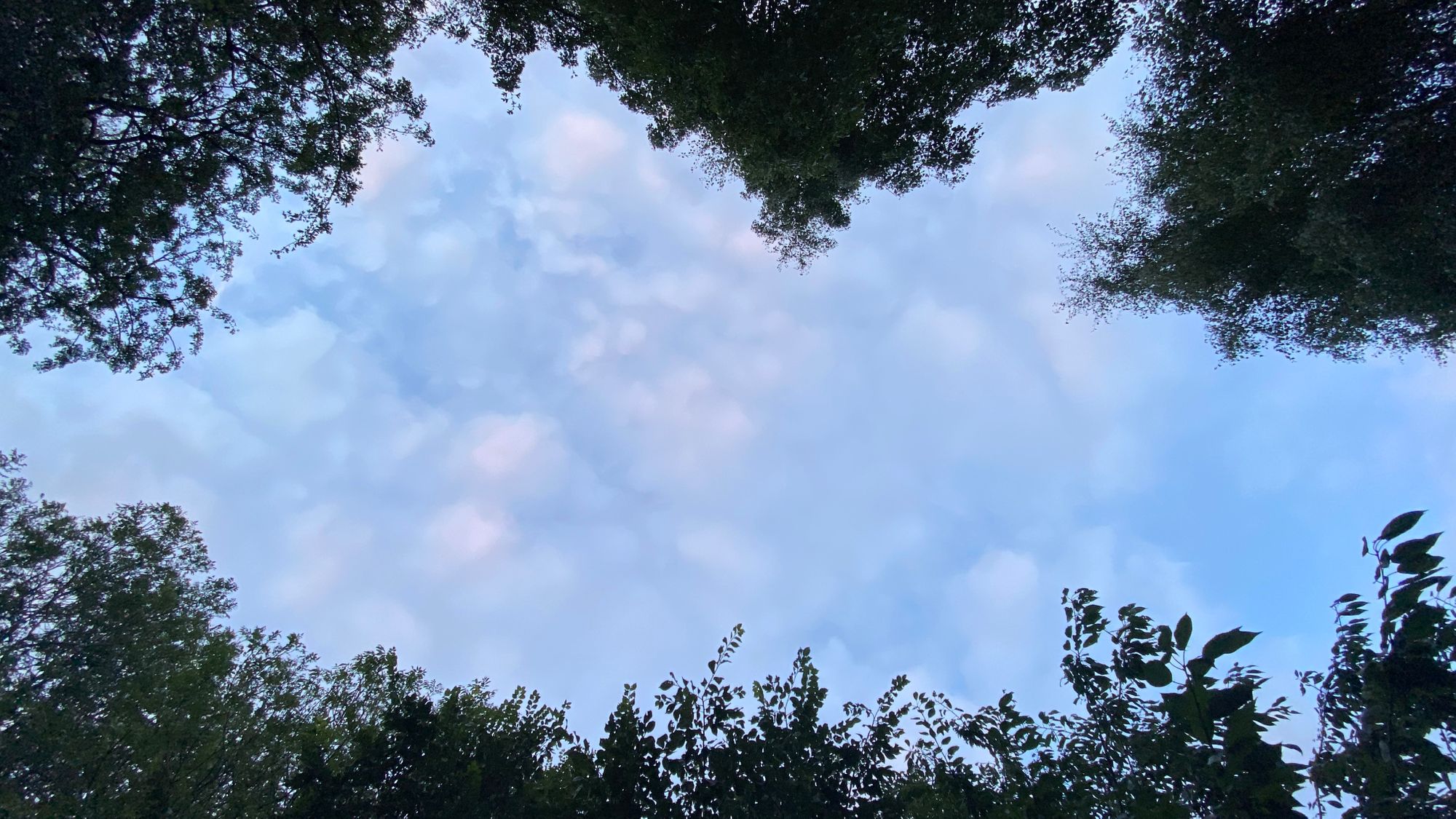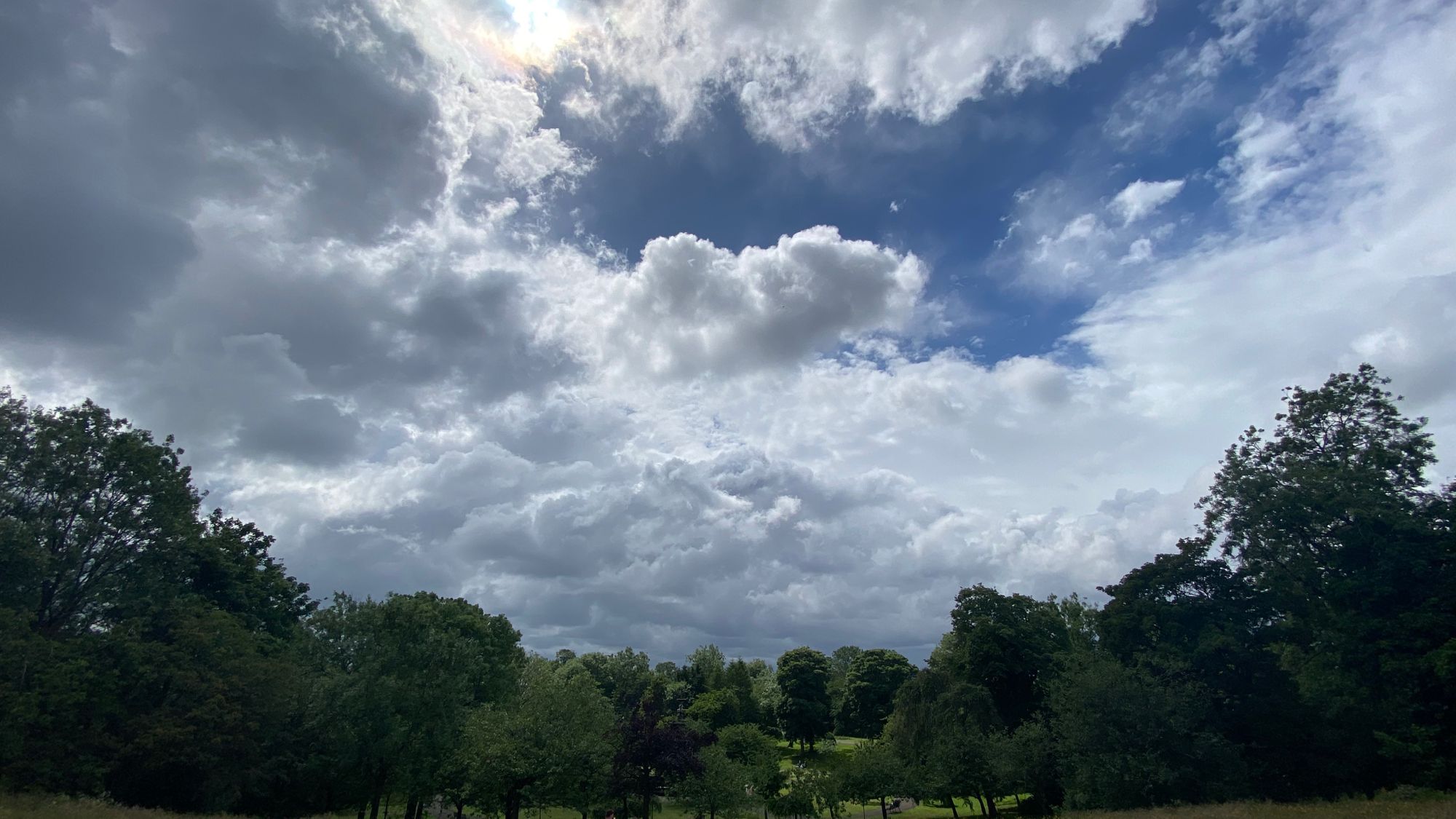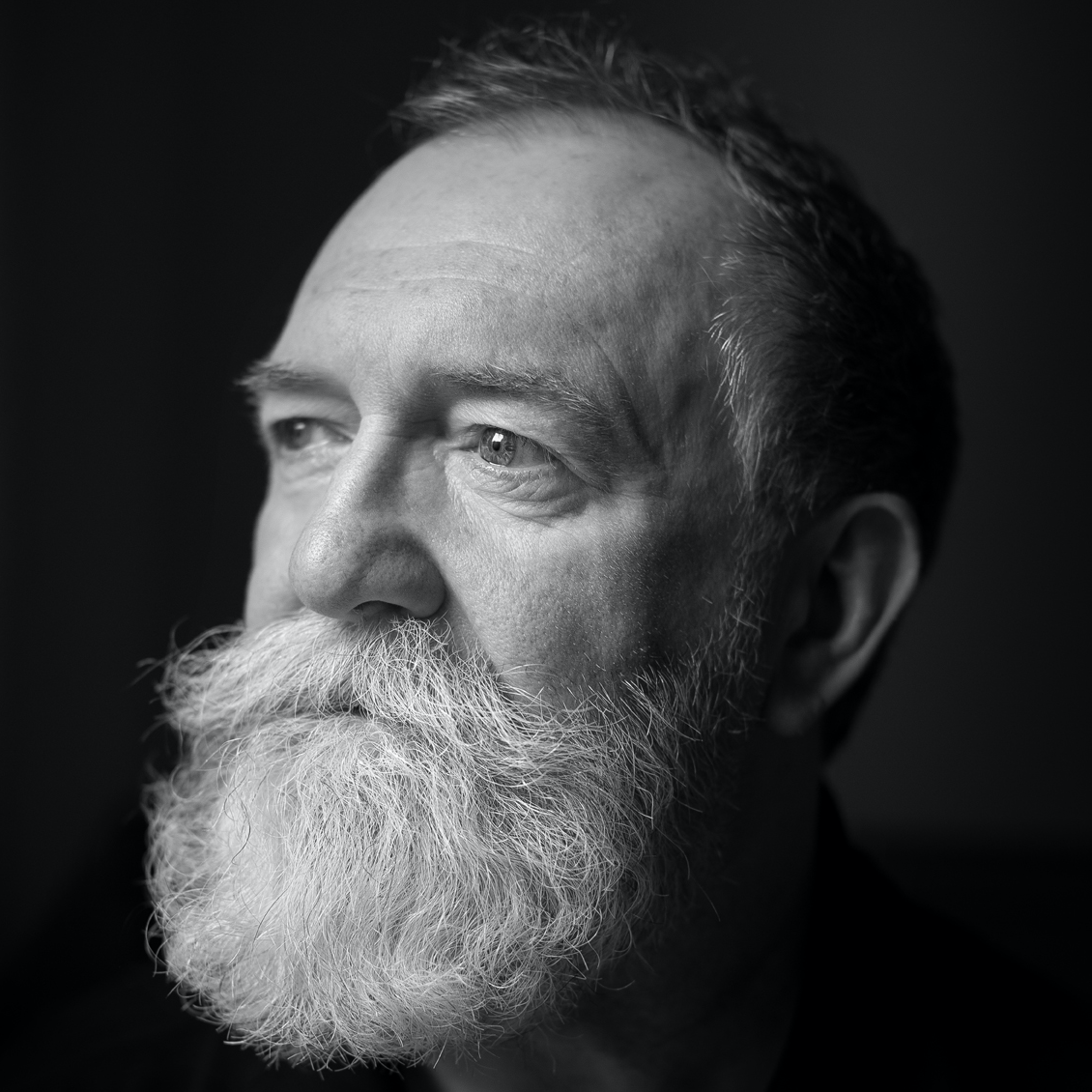Revaluing

I’m sitting cross-legged on the long grass in the park across the street from where I live. The breeze is weaving through the hairs on my arms, cooling the sweat on my brow, and modulating birdsong, road noise and far off sirens in waves across my field of attention. I’m clad in black and navy blue, unsurprising, but unwise in this heat, and I brought the wrong glasses, so I’m constantly adjusting my head to keep this page in focus. But despite the distractions, and even though the park is saturated with bright flowerbeds, today I’m taken by the trees. Their subtle variety in shape, the shades of green and purple, the rustle and creak of their sway, all invite me to seek out similarities and patterns. But none resolve. They’re all different. From one visit to the next, their imperceptible growth holds my attention as I wander along the path and up the hill, trying to remember the one that caught my eye most the last time I was here. Was that the 'hugging tree'? From this angle? And when I do pause to stare, it feels like bumping into someone with whom you were once intimate; acutely aware of changes that you can’t quite put your finger on. A few weeks ago, the trees were heavy with blossom and now I’m sure they’re already yellowing. The seasons dictate their growth and summer peaked early this year. Many times, I would have wandered past them unaware but recently other pursuits have receded and become tangential to my personal isolation, and so today these trees have expanded through my consciousness and become more significant.

Years ago, when I was a practicing nurse, I noticed, that without distraction, pain can often fill the consciousness. My patients, often in acute pain, would feel worse when left alone to suffer. Distraction wasn’t the cure, of course, but it could often help soften the blow, and give time to the healing process. There is scientific evidence to suggest that pain has a spatial component and so sufferers sometimes overestimate the size of the affected area. There are those, too, who’ve lost entire limbs and still feel the phantom pain - a different sort of painful memory. Like many, no doubt you too, I’ve also experienced this expansion: A nagging toothache like an echoing dripping tap, reverberating through my thoughts; or anxiety's nervous heartbeat in the dark of a sleepless night pulsing all the way to my fingertips. I felt a lot of physical pain during my childhood. I suffered from a chronic skin complaint that, despite potent topical and systemic medication, made even soft cotton feel like wire wool grating on my raw nerve endings. In summer, swimming in saltwater, building sandcastles, and sweating under bed linen, did not make a happy holiday. And of course, when I scratched the itch, violently and exquisitely, drawing blood, I was only transforming the pain from one form to another and adding the guilt of self-harm.
In fact, as well as this memory of physical pain, I have a hard time remembering being happy as a child at all. I was a sensitive boy, could pick up a weak signal like a radio telescope, and I took ownership of others’ anxiety, turning it over in my mind, examining it, searching for meaning, feeling guilt and blame for something I didn’t even comprehend. I often believed I’d done something to cause the tension, and perhaps sometimes my childlike behaviour had been disruptive, but I felt this way even when it was obvious I’d done nothing wrong. Maybe my taking ownership was a way of controlling the uncertainty but, really, I don’t know why I was like this; and maybe it doesn’t really matter. Maybe, just like the physical pain, the pain of some unmet psychological need was like a window blind, occluding the rays of sunshine that surely brighten any childhood, spreading shadows like a dark dis-ease across my senses.
Thankfully, this skin condition has gone. Completely gone. The doctor always said it would get better “when you grow up” and maybe he was right, because the last time I needed any treatment for it was about eight years ago. I’m not sure I’ve entirely grown up, though, and I’m certain I don’t yet want to. Still, I sometimes look back on my earlier childhood and grimace. Don’t get me wrong - I have some happy memories, but not many, and most of those are bitter-sweet. I’ve seen film footage of myself, however, and somehow, it projects the image of quite a happy boy. I was obviously happy at the moment the camera was rolling and although, as you might imagine someone as analytical as this would, I’ve looked for clues, but I can’t uncover any suspicious evidence in the frame. I don’t think I was pretending to be happy on film.
My grandfather introduced me to film work when I was a toddler. In front of and behind the camera, I was treading familiar and happy ground, setting up the screen on Saturday nights on which aunts, uncles, and cousins watched our home movies. I can still feel the firm and gentle shove of Grandad's hand on mine, hear the slice of the cutter on the filmstrips, smell his aftershave, the solvent adhesive, hear his deep, encouraging voice, and my Grandmother’s sizzling chip pan from next door in the tiny kitchen.
Fifty-odd years on, or so, and my Grandparents have left this physical realm.

I was sitting alone in my flat one day, preparing for a bike ride, when a message arrived from Mark, a close friend, who lives in Hamburg. Mark and I met there just over eight years ago when my first documentary film, Serious Drugs, was being screened. Mark played banjo in the band The Hamburg Bandits, who played just after the screening. Once introduced, we bonded quickly, and since then have shared our deepest thoughts and feelings in long, often disjointed, text message conversations. We drift apart and then come together again at key, unplanned moments, as if our senses independently seek out their own mutual reconnection. This time, we chatted about the impending arrival of Mark and his partner’s baby, due at any moment, the music that moved us, and life in general. I told Mark I’d just bought a synthesiser to help me experiment with some ideas for songs. A few days later, he sent me a guitar track he’d recorded on the balcony, and a message; “all ready for your keyboard”. Although I’ve never collaborated on a musical project before, within no time I’d learnt the chords, recorded my reply, and sent back the track for Mark’s notes. There was no further discussion: Mark declared this “our track!”. I smiled and welcomed the continued warmth of our relationship and this new dimension. A few days later, when I was reviewing some of my Grandfather’s family film archive, I found a reel containing footage of our caravan park holiday in Portpatrick, from, I reckon, 1971. I dropped 'our track!', now known as ‘Wash’ into the editing timeline and clipped this film into sections that caught my eye or, rather, those that tugged at my heart strings. I just felt my way along, picking out smaller and smaller moments that felt meaningful, or powerful, or looked beautiful, just a few frames, here and there, and continued this reductive process until I had next to nothing; just a few hundred frames, heavy with emotion. I played with time, then, stretching the clips out to varying degrees, some as slow as 3% of normal speed. The retiming process introduced some visual artefacts and instead of eliminating them, I played with them, teased them out, enjoying the way they seemed to highlight the movement of limbs, stalling, stuttering, falling forward, never backwards. As with any editing, the process is iterative, but sooner than you might imagine, I had spliced together some poignant moments, the cuts worked well with the music, and the entire thing seemed inevitable. It was done.
Watching the film brought tears to my eyes. It gave me the opportunity to review the scenes of my family life that I’d often accepted as universally unhappy and stressful. I had found, and re-examined, solid evidence that we had fun together. I look happy, playing in the sea with my brother John, me pushing the roundabout, watching John, sometimes in awe, learning from him, John smiling at the camera, Dad filming us, Mum making sandcastles, and taking snapshots on the Box Brownie. In replaying these tiny intervals, I’d raised the blind a little, let in some light, and realised that maybe things in my childhood hadn’t been so dark after all. I’d learnt that it’s possible to revalue old memories.
I’m no longer sitting in the park. It’s been a while since I started writing this - months actually - and now I’m at my desk in my flat, where I can see the trees, layering silhouettes against the blue and white sky. I’ve had to leave this writing alone a few times. I wasn't sure why I’d started this, what it meant, and whether I was getting whatever point across clearly. That’s less important now. It’s more important now to finish and move on.
It’s getting late and I can hear the traffic noise from the street below, growing louder in the last week, since travel, work, and social restrictions have been partially relaxed. Today I feel grateful, that despite the current situation, the radical changes to my working life, the uncertainty, and seemingly invisible horizon, I’ve had the space to take stock of certain, different things. To revalue them. I'm still not sure why this is important, but my body is telling me 'it's all good'. I’m going to revisit the trees in the morning, see their growth, consider their groundedness, and be grateful for what they’ve given me.

